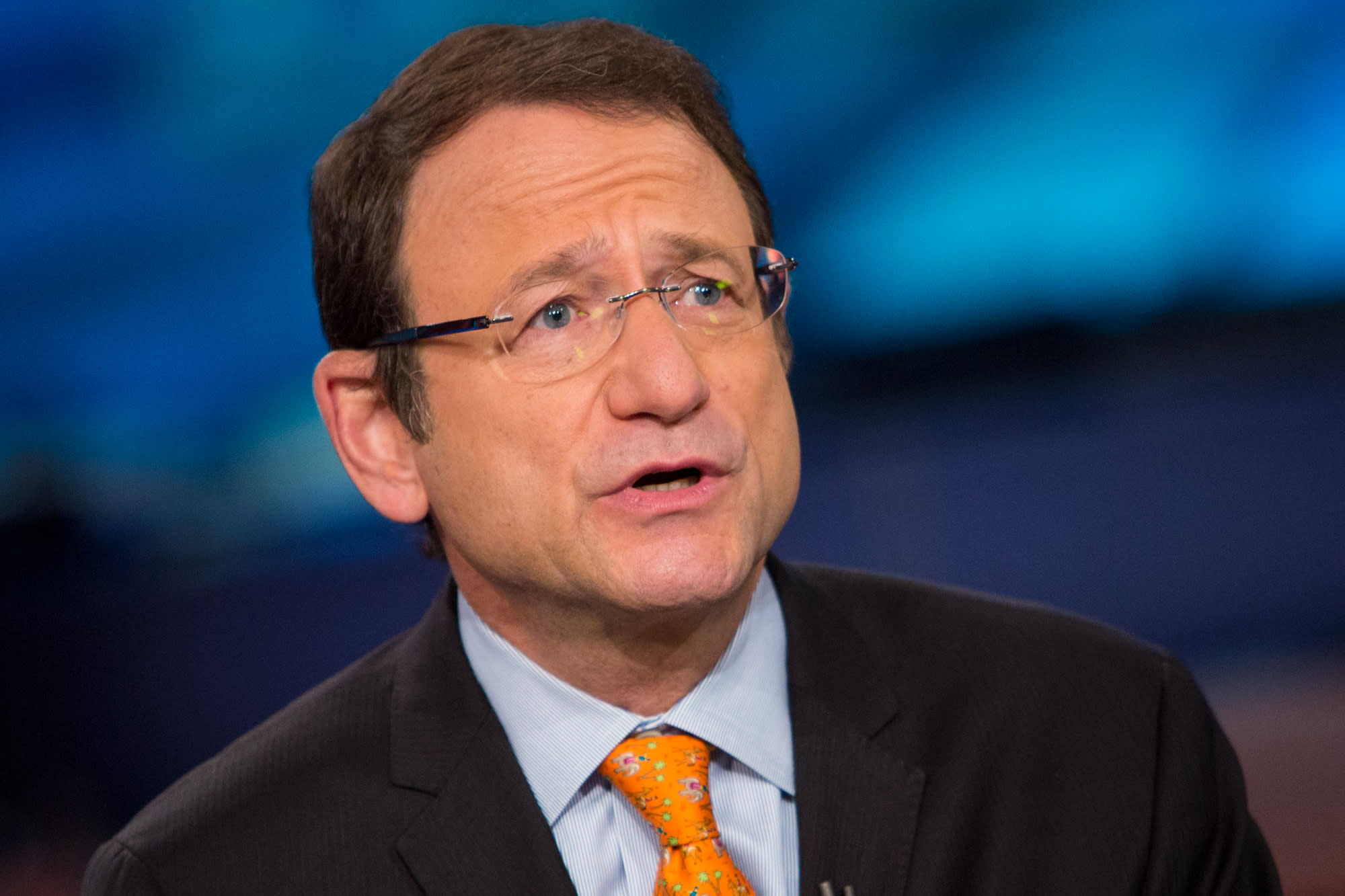Black Friday is “bigger than it ever was,” although consumers are shifting when, where and how they shop, former Toys R Us CEO Gerald Storch told CNBC on Wednesday, dismissing those who say the frenzy is dying down.
In an appearance on “Power Lunch,” Storch pointed out that the after-Thanksgiving extravaganza has become a three-day event as shoppers sift for discounts outside of the traditional Friday deals.
“All that’s happened is the event is bigger than it ever was, just more of the sales are taking place on Thursday, which used to have zero sales,” the Storch Advisors CEO said. “Friday is not quite as big as it was, Saturday’s not as big as it was, but in total it’s a huge event. It’s still vitally important to the success of all retailers.”
The number of shoppers on Friday and Saturday is expected to dip nearly 2% compared with 2018, according to the National Retail Federation. Yet, the organization predicts that Thursday shopping will spike more than 13% from the year prior and almost 24% when compared with the 2017 season. Sunday shopping is also estimated to improve from a year ago but to remain down from 2017.
The NRF expects just about the same number of consumers — about 254 million — to shop for deals between Thursday and Saturday as in the same period in 2018, but forecasts Cyber Monday consumption to drop significantly.
Shopping habits are changing because more online deals are opening up midnight Thursday, while more retailers are offering in-store discounts beginning Thursday evening as opposed to midnight Friday, Storch said.
Storch led Toys R Us between 2006 and 2013, and he previously served as Hudson’s Bay chief and Target vice chairman.
“Overall the consumer is strong, she’s just changing where she shops and what she shops for,” Storch said.
The department stores are the losers when it comes to those changing shopping habits, particularly the mall-based ones, he continued. That includes names such as Kohl’s and Macy’s, whose stocks are down almost 30% and 50%, respectively, year to date. Both companies have battled with declining year-over-year sales in each of their last four quarters, according to FactSet.
“The world is just moving away from them too fast for them to keep up, and I think they’re in big trouble,” said Storch, adding that “they’re not succeeding because no one needs a department store anymore.”
Storch said Kohl’s has an outdated business model that acts like a middleman at a time when consumers are choosing to shop elsewhere for clothes and home products, whether directly from the brand itself or other websites.
“The whole idea of the department store used to be you can get everything in one place … but you can do that now on something called the internet,” he said.
